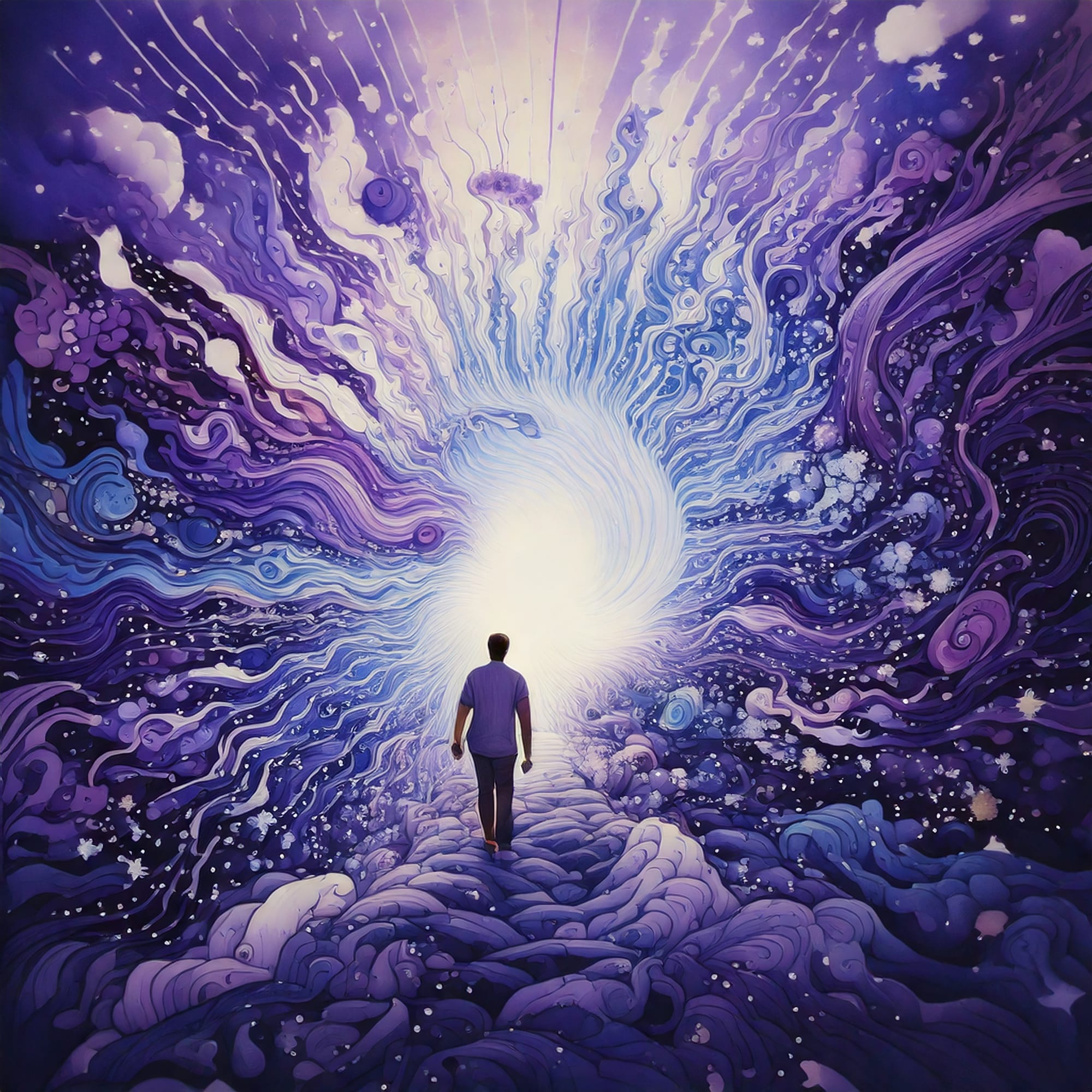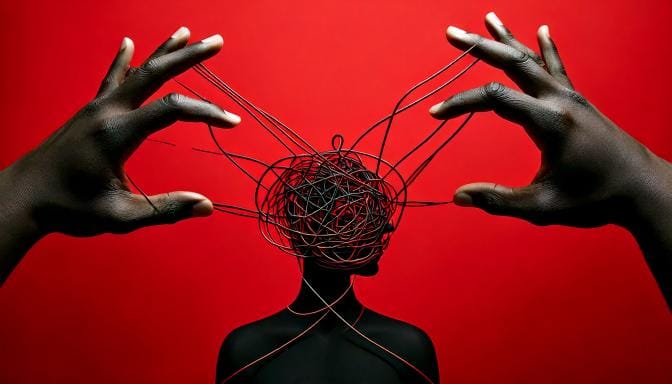When I first experienced deep grief, it felt like an intense pain with no place to go. The pain would sneak up on me in unexpected ways, but it would not just disappear. Even when I kept myself busy, grief found a way to make itself known. Then I read something that changed my perspective: "You can’t just move on from grief because grief is love with nowhere to go." No matter how hurtful a person may have been to you, that love doesn’t disappear when they leave. It lingers, a silent presence, like an unspoken word searching for a place to rest. It’s still there, but it doesn’t have a place to land.
As the days passed and I tried to process my grief, something within me slowly began to shift. I realized that love doesn’t have to reside in just one person. Love is not meant to be trapped—it is part of something greater. We are all connected by unconditional love. It is not just a feeling we direct toward one person; it is something that moves through everything and everyone. Love is bigger than us, more expansive than we often realize. And in that moment of understanding, something in my grief began to shift from sorrow to something more profound. It no longer felt like just sadness. It started to feel like something that could transform, something that could heal, something that could be shared.
I remember feeling overwhelmed by the love I couldn’t let go of. But instead of fighting it, I began to imagine it as something I could release into the world. I no longer saw it as something to hold onto, but as something to give freely. I pictured it spreading, woven into the fabric of everything around me. I imagined it like grains of warm, soft sand—each grain holding a tiny piece of love, scattered across the earth. When someone’s foot touched the sand, they would feel that love, even if they didn’t know where it came from. The love I thought had no place to go wasn’t lost—it was simply becoming part of everything.
As Rumi said, "Become nothing, and He'll turn you into everything." In a state beyond ego, we can experience the divine. Then, I thought of love as the wind—the gentle breeze that brushes against another person's skin, cool and comforting, like a hug from the universe itself. I saw my love in the small joys of life—like the marshmallow-coated biscuits I used to eat as a child, their sweetness carrying a sense of innocence and comfort for others who still enjoy them today. Or the taste of bubblegum, instantly bringing back cherished childhood memories.
And so, I took that love, that deep, unspoken affection, and I began to see it as something that could be dispersed, like light, like particles floating into the world, touching everything and everyone. It didn’t need to stay in one place anymore. I allowed it to flow. Somewhere, someone would feel that love. It would heal them, comfort them, remind them of their own capacity to love and be loved. Maybe that was the purpose—maybe love wasn’t meant to stay fixed in one person. Maybe it was always meant to be shared, to heal, to expand beyond what we can see.
By letting go, I saw that my grief wasn’t the end of love—it was a new beginning. A beginning of giving, of releasing love into the world, where it could find new forms, new expressions, new hearts to touch.
So when grief makes you feel like love has no place to go, just remember: love is never lost. It is just waiting for a chance to be free. And when you release it, it becomes part of everything, part of everyone. In that freedom, love transforms—it heals, it connects, it transcends.















